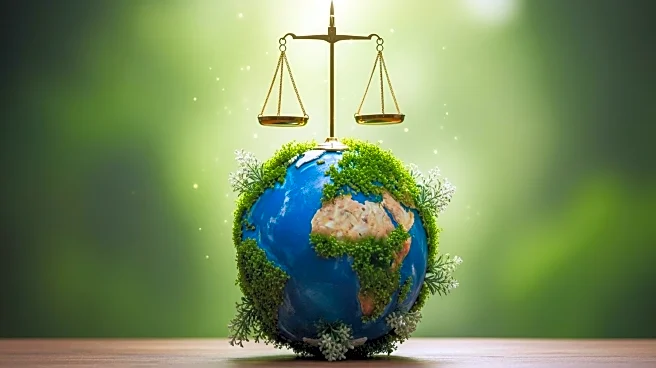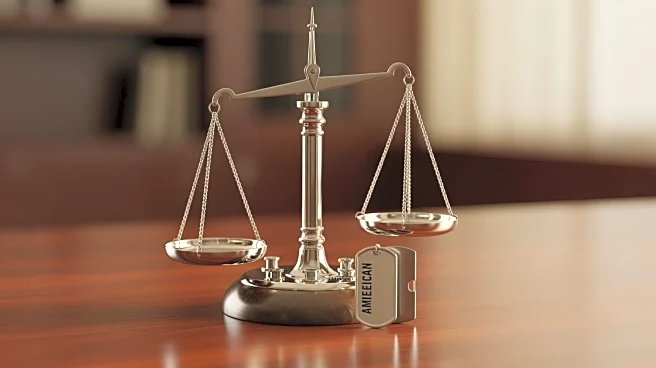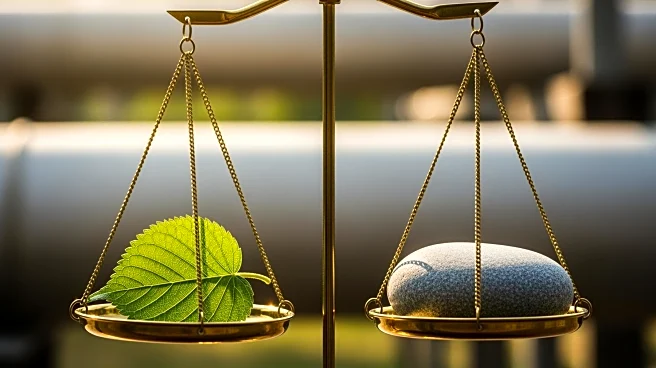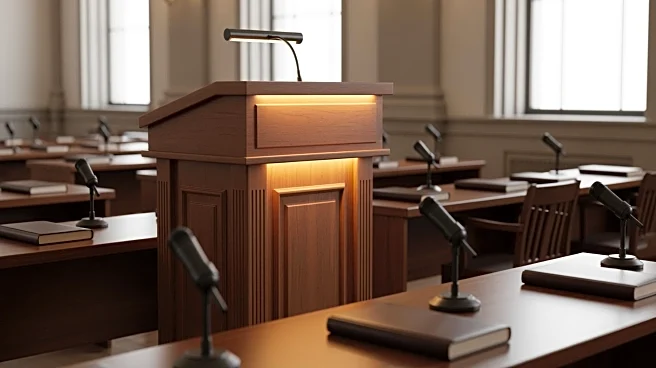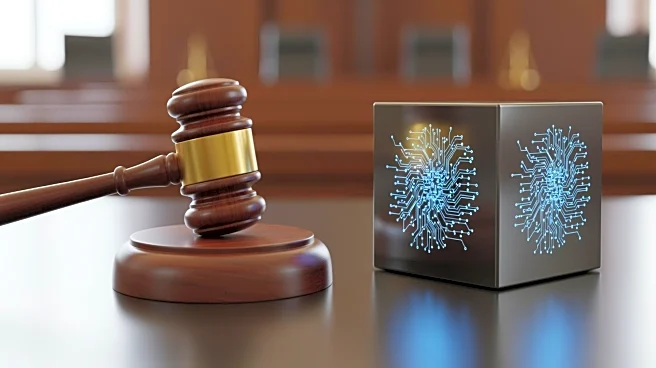What's Happening?
A group of young activists, represented by the nonprofit law firm Our Children's Trust, is seeking international justice against the U.S. government for its climate policies. The case, known as Juliana, et al. v. United States, was initially filed in 2015 in Oregon, with 21 plaintiffs under the age of 20. They allege that U.S. policies have violated their rights to life and liberty by allowing dangerous levels of pollution. Despite a dismissal in 2020 and subsequent legal challenges, the plaintiffs have now taken their case to the Inter-American Commission on Human Rights (IACHR). The IACHR reviews human rights violations and can refer cases to the Inter-American Court of Human Rights. The plaintiffs argue that the U.S. government has knowingly endangered lives by supporting fossil fuel systems, constituting deliberate harm.
Why It's Important?
The pursuit of international justice by these young activists highlights the growing concern over climate change and the role of government policies in exacerbating environmental issues. This case underscores the potential for international bodies to influence national policies, especially when domestic legal avenues are exhausted. The outcome could set a precedent for how human rights are interpreted in the context of environmental policy, potentially impacting future legislation and international relations. If successful, it could lead to increased pressure on governments worldwide to adopt more stringent climate policies, benefiting environmental advocacy groups and future generations.
What's Next?
The IACHR is expected to review the case and decide on its admissibility, which could lead to precautionary measures or a full hearing. The plaintiffs have requested the Commission to visit the U.S. to witness alleged rights violations. The decision could influence international human rights law and climate policy, prompting reactions from environmental groups, policymakers, and the fossil fuel industry. The case's progression may also inspire similar actions globally, as activists seek to hold governments accountable for environmental impacts.
Beyond the Headlines
This case raises ethical questions about the responsibility of governments to protect future generations from environmental harm. It challenges the traditional boundaries of human rights law, potentially expanding its scope to include environmental protection. The long-term implications could involve shifts in legal frameworks, encouraging more proactive climate policies and international cooperation. The case also highlights the role of youth activism in driving change and holding institutions accountable.
